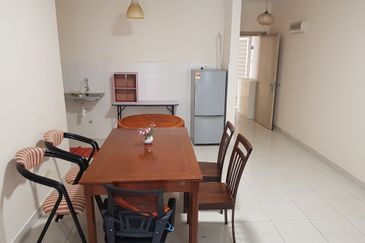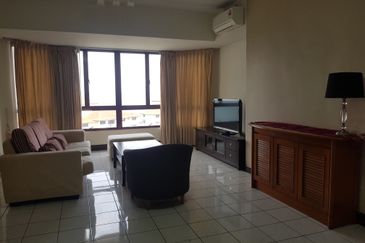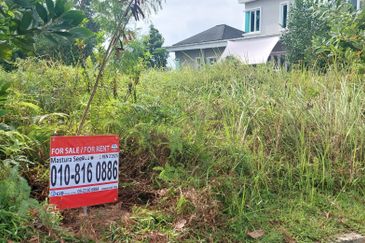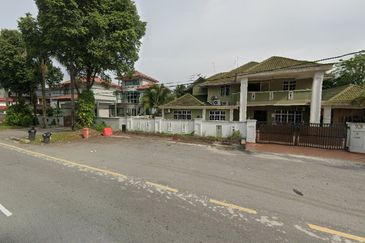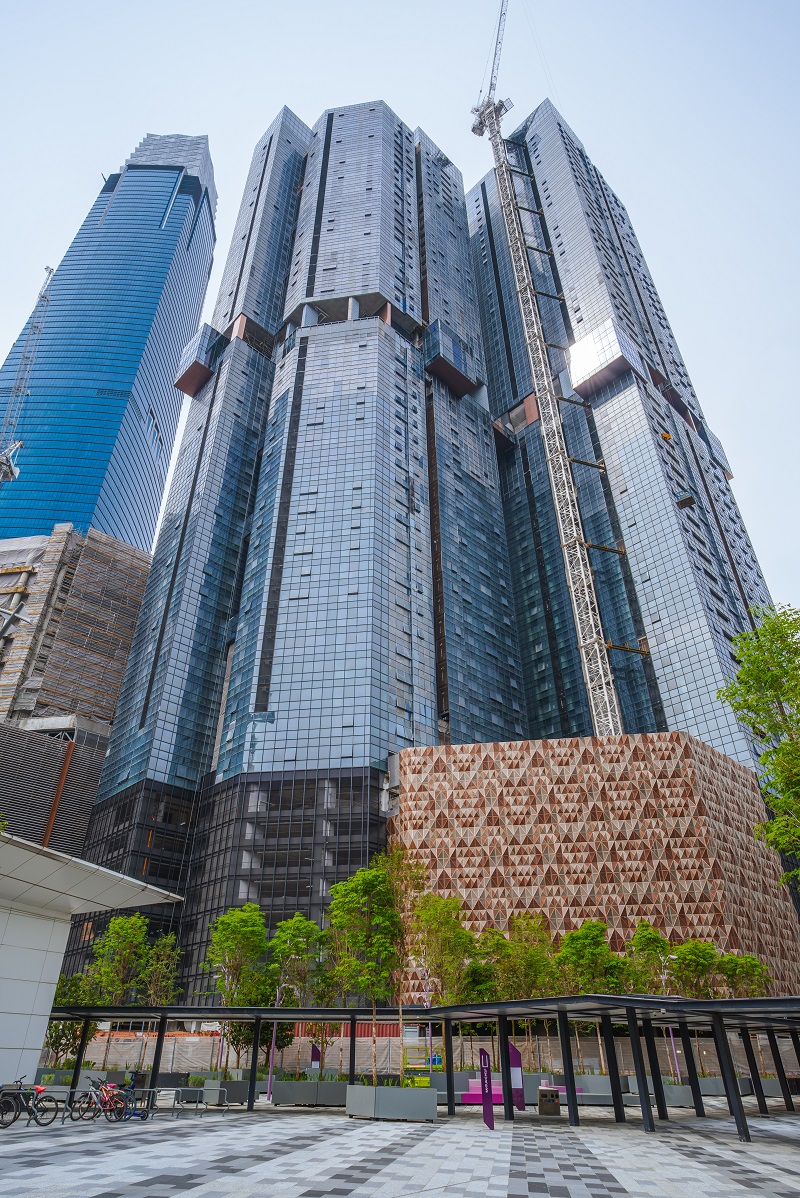
CONGRATULATIONS! So you have finally sealed the deal on your new home. Now, how much should you spend on renovations before moving in?
Truth be told, hacking at and tearing down walls of a newly-bought property are a norm these days, be it a brand new or lived-in unit.
How extensive the renovations should be would rest on the new owner’s investment objective; why he or she bought the property in the first place. Unless the intention is to flip the unit as quickly as possible, do expect owners to invest in some form of renovation works, or at least fit-outs for especially the high-rise units, which face renovation restrictions and limitations.
Space utilisation is very individualistic and personal. Not only do needs and wants vary from family to family, diverse views are common within a family. Understanding this, some developers have been known to walk the extra mile by offering customers varied layout options of the plan – that is, before construction work starts. Unfortunately, such customisation options could and would develop into a pretty nightmarish experience for both the developer and the buyer in mass housing.
Such a delightful service is only doable if a developer is building a handful and only very high-end detached homes.
Consider this – the wiring in the hall of a house. Buyer A wants a total of 12 power points in specific spots. Buyer B next door, meanwhile, wants 20 power points. Then, Buyer C down the road opts for 18 power points. And this is just the wiring in the hall alone!
Any slip in the plan reading of any of the units potentially has a far-reaching impact – on both developer and owner. Remedial works are not only expensive but time-consuming. Imagine the red faces and stress levels! This is definitely not a route that developers should take for mass housing. Should you come across such a “USP” (Unique Selling Point) being marketed for mass housing, do not get excited.
Back to renovations: how much should one spend? It is interesting as to how many home owners simply assume that whatever they splurge on renovations would be and should be reflected in the value of the property. How wrong can that be!
I was scouting for a two-storey link home in Kuala Lumpur in the early 1990s. Two units on the same road, separated by one unit in the centre, happened to be on the market.
The first house was elaborately renovated, with the built-up on the 24 ft by 75 ft plot maximised. I still recall how during the viewing the owner went on and on as to how much he had invested in the renovations. How the walls had been pushed outwards to the brim to create a lot more built-up space occupied by plentiful fit-outs.
Hopping over to view the second house, I found in it renovations that were far more modere. Yes, the built-up space (and fit-outs) was less than the first house but the trade-off was found in an abundance of natural lighting and a more airy feel to the house. Something I appreciated.
Strangely, this less-renovated house was priced at about 8% higher than the “bigger” house and it was non-negotiable.
No prize for guessing right – the decision was obvious and made immediately – I paid more for a less-renovated house!
It was simple arithmetic; I disliked what I saw at the “bigger” house. Buying this unit would have meant the need for a substantial budget to hack at the renovations, cart away the debris and make good the areas. The process would have been costly, time-consuming and required a lot of input on my end. In contrast, I liked what I saw in the second house and only minimal work was required – change the sanitary fittings and give the house a new coat of paint. It was a no brainer.
Lesson learnt: Invest in renovations because they work for you. The money spent does not necessarily enhance the value of a real estate.
Au Foong Yee is the managing director of The Edge Communications and The Edge Property. She was formerly the executive editor of Property and Retailing at The Edge Malaysia. She can be contacted at [email protected]
This story first appeared in TheEdgeProperty.com pullout on April 29, 2016, which comes with The Edge Financial Daily every Friday. Download TheEdgeProperty.com here for free.
TOP PICKS BY EDGEPROP

Bandar Baru Sri Petaling
Bandar Baru Sri Petaling, Kuala Lumpur
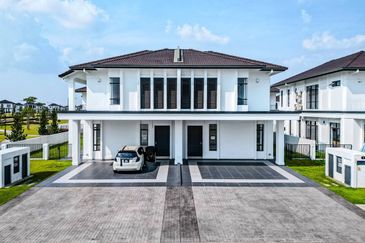
Norton Garden Semi D @ Eco Grandeur
Bandar Puncak Alam, Selangor

Yayasan FAS Business Avenue
Petaling Jaya, Selangor

Bandar Puncak Alam
Bandar Puncak Alam, Selangor
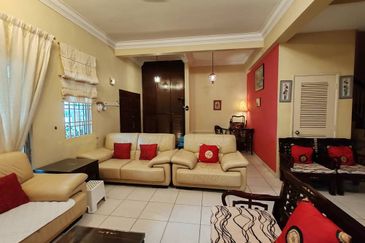
Canal Gardens, Kota Kemuning
Kota Kemuning, Selangor

Utamara Boutique Residences
Petaling Jaya, Selangor
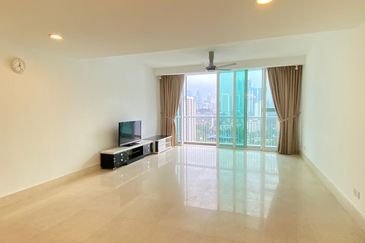
Brunsfield Embassyview
Taman U-Thant, Kuala Lumpur

ViPod Residences (6 Kia Peng)
KLCC, Kuala Lumpur
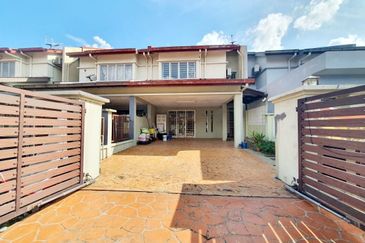
Taman Cahaya Alam, Seksyen U12
Shah Alam, Selangor

